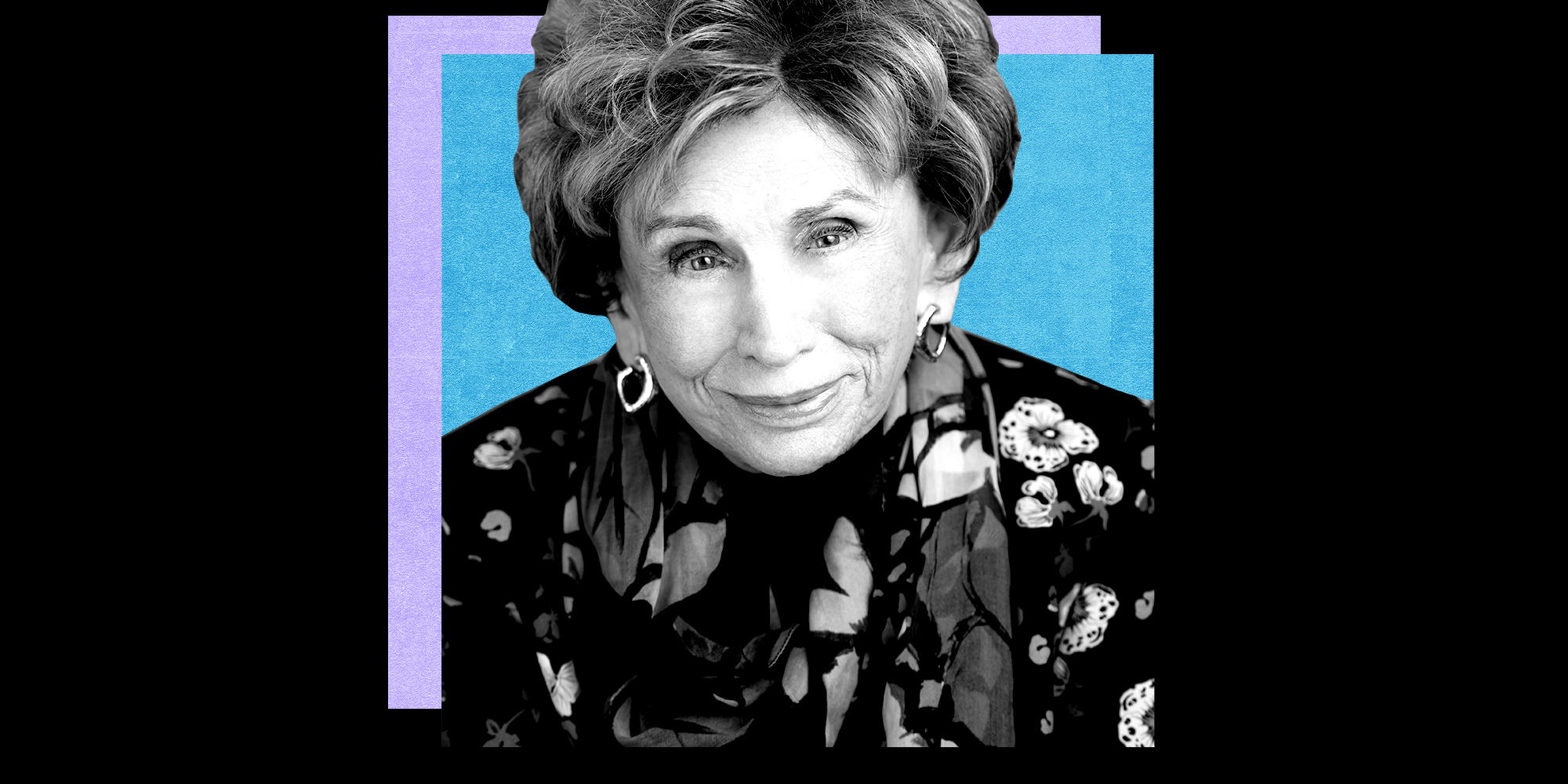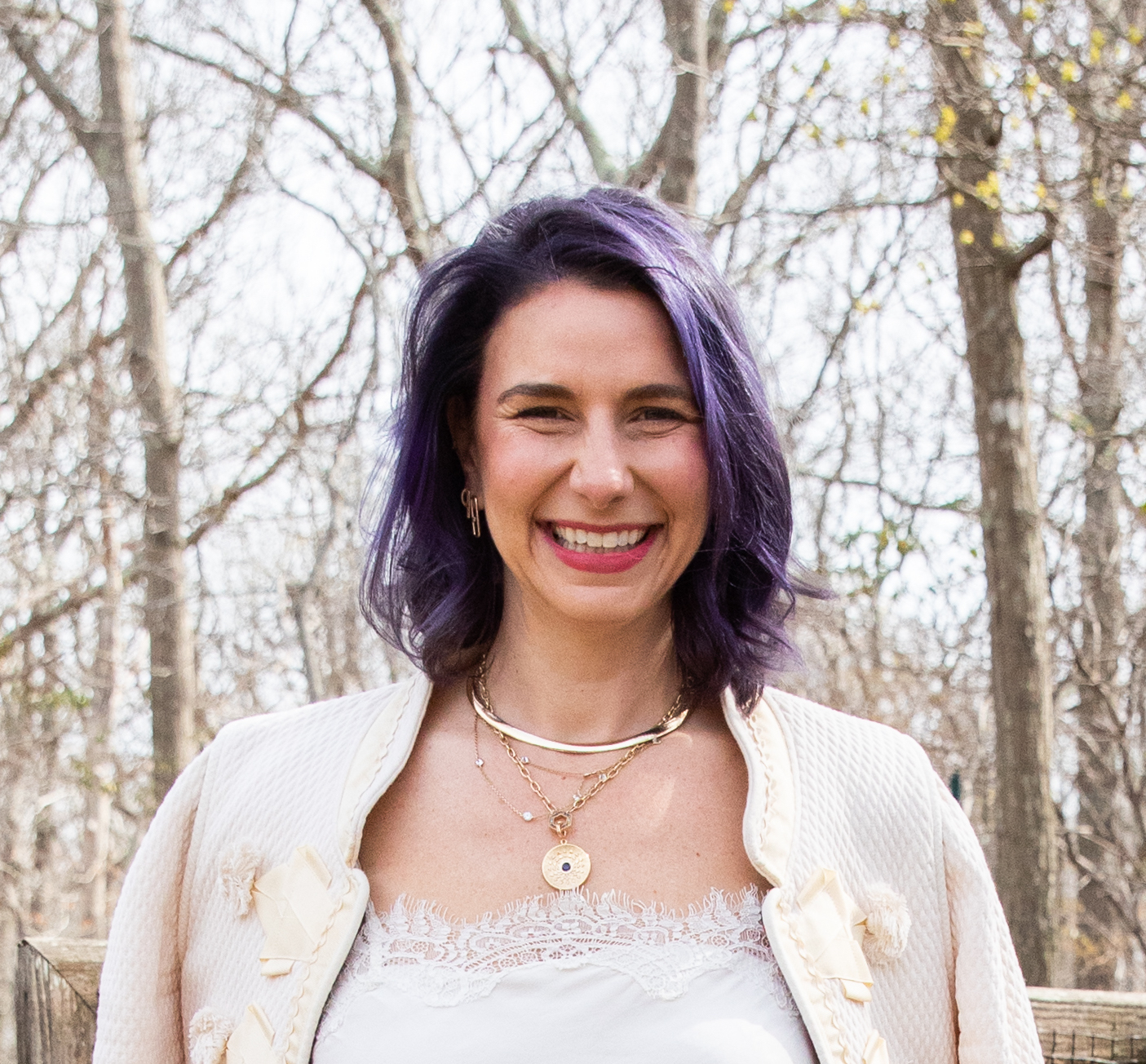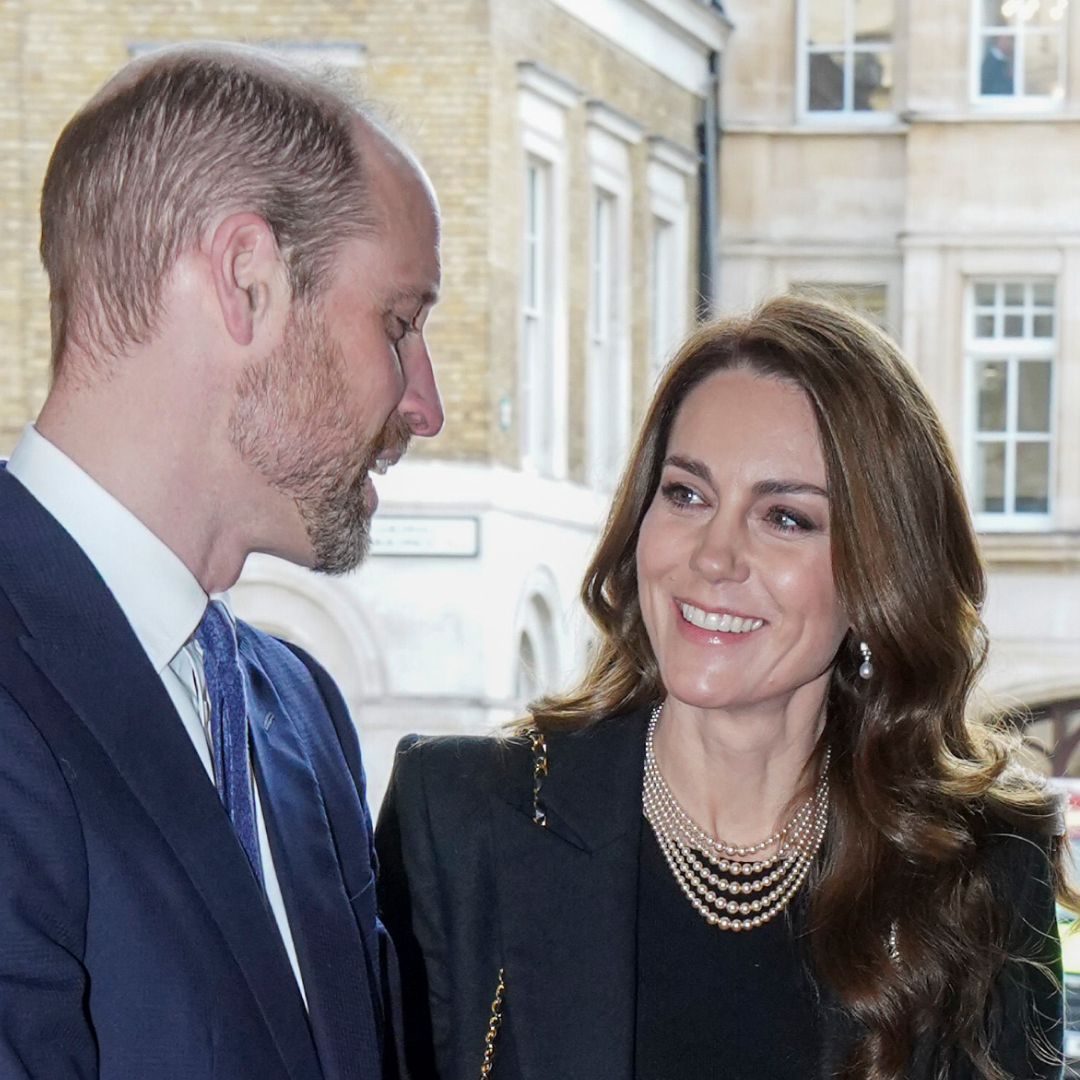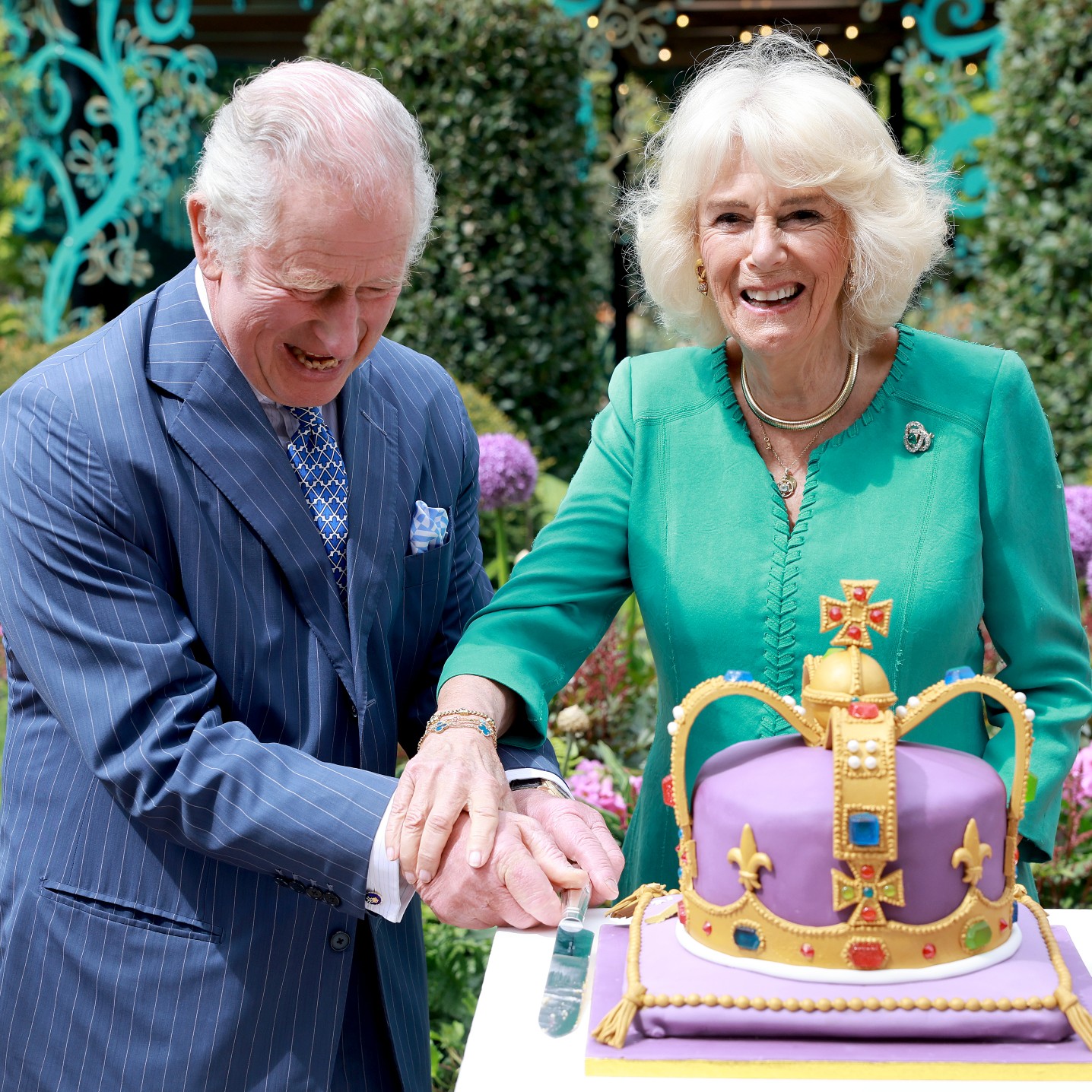'She Pivots' with Dr. Edith Eger: On the Power of Speaking Your Truth
The 95-year-old psychologist and Holocaust survivor shares how her own trauma allowed her to help others.


In partnership with Marie Claire, 'She Pivots' challenges the typical definitions of success and explores the role our personal stories play in our professional journeys.
For many years after immigrating to the U.S. and raising her children, Dr. Edith Eger withheld a secret: she was a Holocaust survivor. A successful psychologist, Dr. Eger had repressed years of trauma and grief. But letting it go—and sharing her story—was what finally set her free.
Dr. Eger was born in 1927 in Solvoka and later moved to Hungary with her family. At 15 years old, her teenage years were shattered when she and her family were stolen out of their home by German Nazis, put into cattle cars, and forced into concentration camps.
“In the cattle car my mother told me…’We don't know what's going to happen. Just remember, no one can take away from you what you put in your mind.’ And that is what was ringing in my ear,” says Dr. Eger on the latest episode of She Pivots.
Dr. Eger was sent to Auschwitz, along with one of her sisters, where she was forced to dance for the infamous “Angel of Death,” Josef Mengele. Surviving the Holocaust taught Dr. Eger to cherish every moment and take advantage of every opportunity—something she did when she entered a PhD program in her 40s. As a trained psychologist, she began to help people process their own trauma, only retiring recently at the age of 95.
“I don't treat people as they are,” she says. “I treat them as if they were, what they are capable of becoming. I treat them as a wonderful, knowledgeable human being and they rise to the occasion.”
It wasn’t until Dr. Eger returned to Auschwitz to face the site where so many horrors had occurred that she finally began to process her own trauma. “I cried a lot,” she says. “I cried because I missed my mother. I missed the time that I could talk to my mother…I never forget what's happened. I call it my cherished wound, because part of me was left in Auschwitz—but not the better part; not the bigger part.”
Stay In The Know
Get exclusive access to fashion and beauty trends, hot-off-the-press celebrity news, and more.
Part of her strength comes from a hope that burns eternal. “Everything in life is temporary,” she says. “There is no guarantee, there is no certainty…They could put me in a gas chamber any minute. I have no control over that. But they could never, ever, ever own my spirit, and that's what I bring you today.”
Tune in below to hear more about Dr. Eger’s incredible story of human survival and resilience, as well as the prejudice she saw when she immigrated to the United States and her decision to tell her children about her history.

Emily Tisch Sussman is the Founder and Host of “She Pivots,” the podcast in partnership with Marie Claire about women, their stories, and how their pivot became their success. She is a contributing editor to Maire Claire and the guest host of the Marie Claire Instagram Live series “Getting Down to Business.”
-
 Prince William and Princess Kate’s Rarely Seen Family Member Stars in a Special Instagram Post
Prince William and Princess Kate’s Rarely Seen Family Member Stars in a Special Instagram PostThe Prince and Princess of Wales celebrated "joy" on a sweet holiday.
By Kristin Contino Published
-
 King Charles and Queen Camilla Experienced a Hilarious Self-Tan Incident That Caused Butler to Take "A Week Off"
King Charles and Queen Camilla Experienced a Hilarious Self-Tan Incident That Caused Butler to Take "A Week Off"Camilla "said it was awful," according to former royal butler Grant Harrold.
By Kristin Contino Published
-
 Selena Gomez's New 'Only Murders' Co-Star Is an Eternally Chic Coat
Selena Gomez's New 'Only Murders' Co-Star Is an Eternally Chic CoatThe star loves a classic layer, and so does her on-screen character.
By Lauren Tappan Published